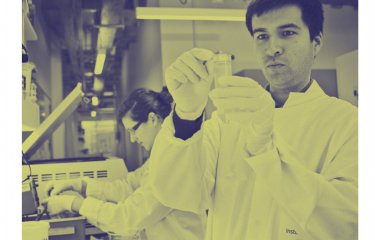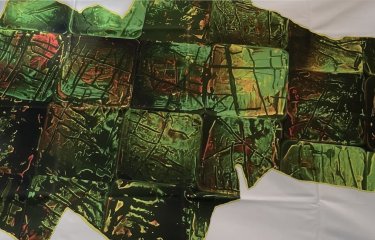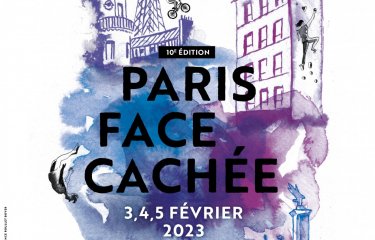In an article published online in The Korea Times on October 5, 2016, serious accusations were made against the Institut Pasteur in Korea and the Institut Pasteur in Paris and its President. A scientist from the Institut Pasteur in Korea is accused of allegedly exposing to risk the passengers of an international flight in October 2015 by transporting samples of the MERS-CoV virus. In the same article, the President of the Institut Pasteur in Paris is accused of covering up the matter. Quotations from emails alleged to have been written by the President are said to support these accusations.
The Institut Pasteur in Paris formally denies these accusations, maintaining that there was no risk of exposure to the virus for the passengers on the flight, and asserting that the extracts of the messages said to back up this claim were never sent. These quotations were complete fabrications and resulted from false emails sent in the name of the Institut Pasteur President and written in such a way as to support the "catastrophic" and fallacious claim of the article's author. The publication of this article in The Korea Times shows a clear intention to harm the interests of the Institut Pasteur in Korea as well as those of the Institut Pasteur in Paris and its President.
The Institut Pasteur sent a statement to the Editor-in-Chief of The Korea Times on October 7, 2016 to inform him of the fallacious nature of the quotations mentioned in the article alleged to come from the President of the Institut Pasteur in Paris. The statement was also sent to the Korean Ministry of Research. The Institut Pasteur in Paris informed the Director General of ANSM (French National Agency for Medicines and Health Products Safety) of the course of events on October 7, 2016. On the same day the Interim Director of the Institut Pasteur in Korea sought the intervention of the Korean CDC (Centers for Disease Control) which arrived on site on October 10 to conduct an analysis of the situation and compliance with safety standards.
Given the seriousness of the false allegations made against him, the President of the Institut Pasteur in Paris is preparing to lodge a complaint.
In response to these accusations, the Institut Pasteur wishes to provide the following information:
Biological samples were indeed deposited in a research unit on Friday October 16, 2015 with no prior information being given. The unit head informed the head of the DRTE (Technical Resources and Environment Department in charge of safety) by email that the samples identified - by an email sent concurrently - as being "Vero cells inactivated after exposure to environmental samples collected in a healthcare unit that may have hosted patients with MERS-CoV infection" had been deposited in his laboratory. As the origin of these samples could not be determined with any precision, and in view of the non-compliance with the biological product acceptance procedures in force at the Institut Pasteur in Paris, the President of the Institut Pasteur decided to have these samples destroyed. The samples were destroyed by autoclave on October 27, 2015. They were not cultured and did not undergo any molecular identification testing at any time. On October 23, 2015, the scientist at the Institut Pasteur in Paris informed the scientist at the Institut Pasteur in Korea behind the deposit of these samples of the decision to proceed with their destruction.
Following this episode, an investigation was conducted by the Institut Pasteur in Korea to clarify the origin of these samples, their type and the circumstances in which they were deposited. On the basis of the testimonies provided, the following information should be retained:
- The samples transported had undergone inactivation and therefore posed no risk of contamination.
- The samples were transported in the hold and not in hand baggage.
There was therefore no exposure to any risk of contamination for passengers on the flight or for any persons who may have been in the vicinity of these transported samples before their destruction by the Institut Pasteur in Paris.






